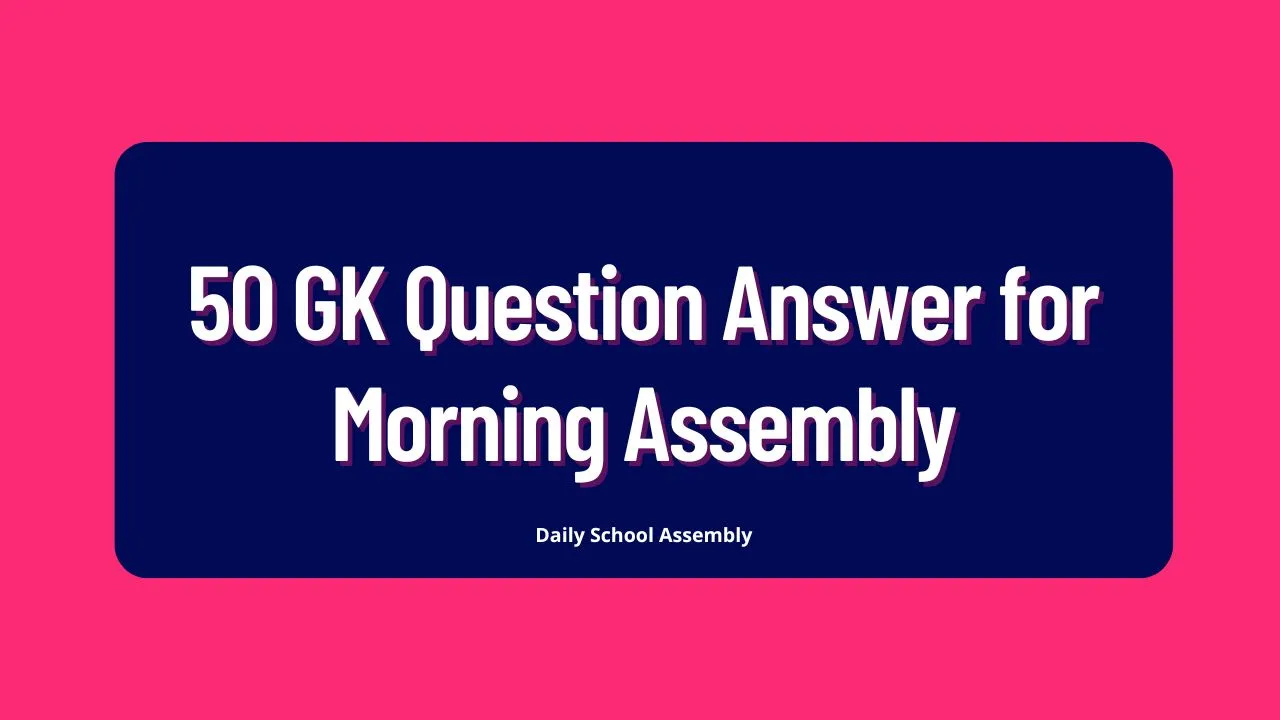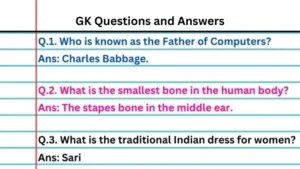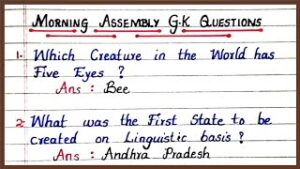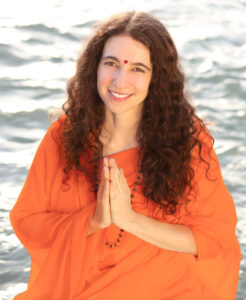GK Questions for School Assembly : Enhancing Learning and Curiosity

GK Questions for School Assembly: Enhancing Learning and Curiosity
Incorporating “GK Questions for School Assembly” is a cherished tradition that brings excitement and educational value to the morning routine. Students eagerly anticipate this segment, where they engage with a diverse range of questions that enrich their general knowledge and critical thinking skills. Here are some of the benefits and a list of thought-provoking GK questions to consider.

Benefits of GK Questions for School Assembly
- Knowledge Expansion: Encourages students to learn about various subjects beyond their regular curriculum.
- Curiosity Stimulation: Sparks interest and curiosity, motivating students to explore and learn more.
- General Knowledge Enhancement: Regular exposure to diverse questions helps build a strong foundation of general knowledge.
- Critical Thinking Development: Encourages students to think critically and develop problem-solving skills.
- Active Participation: Promotes active participation and involvement in the assembly.
- Inquiry Spirit: Fosters a spirit of inquiry and lifelong learning.
Today’s News Headlines in English School Assembly:

t is the chemical symbol for water?
-
- Answer: H₂O
- In which year did India gain independence from British rule?
- Answer: 1947
- Who is known as the “Father of the Nation” in India?
- Answer: Mahatma Gandhi ( You are reading GK Questions for School Assembly )
- Which is the largest planet in our solar system?
- Answer: Jupiter
- Who invented the light bulb?
- Answer: Thomas Edison
- What is the process by which plants make their food using sunlight?
- Answer: Photosynthesis
- How many continents are there in the world?
- Answer: Seven
- What is the hardest natural substance on Earth?
- Answer: Diamond
- What is the capital of Japan?
- Answer: Tokyo
- Who discovered penicillin, the first antibiotic?
- Answer: Alexander Fleming
- What is the largest mammal in the world?
- Answer: The blue whale
- What year did the first man land on the moon?
- Answer: 1969
- What is the powerhouse of the cell?
- Answer: The mitochondrion
- Who is known as the ‘Bard of Avon’?
- Answer: William Shakespeare
- What is the longest river in the world?
- Answer: The Nile River
- Who painted the Mona Lisa?
- Answer: Leonardo da Vinci
- Who was the first person to land on the moon?
- Answer: Neil Armstrong
- What is the formula for calculating the area of a circle?
- Answer: πr²
- What is the tallest mountain in the world?
- Answer: Mount Everest
- What is the largest ocean on Earth?
- Answer: The Pacific Ocean
- What is the currency of Japan?
- Answer: The Japanese Yen
- What is the process called when water changes from a liquid to a gas?
- Answer: Evaporation
- How many bones are there in the adult human body?
- Answer: 206 bones

GK Questions for School Assembly
- Answer: 206 bones
- Who wrote the famous book “1984”?
- Answer: George Orwell
- What is the smallest continent by land area?
- Answer: Australia
- What element does “O” represent on the periodic table?
- Answer: Oxygen
- What is the name of the longest bone in the human body?
- Answer: Femur
- Who was the first woman to win a Nobel Prize?
- Answer: Marie Curie
- What is the largest living organism on Earth?
- Answer: The honey fungus (Armillaria ostoyae)
- What is the scientific name for humans?
- Answer: Homo sapiens
- What is the largest desert in the world?
- Answer: The Sahara Desert
- What is the capital of Germany?
- Answer: Berlin
- What mountain range separates Europe and Asia?
- Answer: The Ural Mountains
- What is the chemical symbol for gold?
- Answer: Au
- What is the largest active volcano in the world?
- Answer: Mauna Loa (located in Hawaii)
- What is the largest freshwater lake by volume?
- Answer: Lake Baikal (located in Russia)
- Which country invented the printing press?
- Answer: China
- What is the gestation period for an elephant?
- Answer: Approximately 22 months
How to Drink Water Sitting: Tips for Optimal Hydration
Conclusion: The Value of GK Questions for School Assembly
Incorporating GK questions into school assemblies not only enriches students’ knowledge but also engages them in an interactive and stimulating way. You are reading GK Questions for School Assembly It helps build a culture of curiosity and continuous learning, essential for their academic and personal growth. Keep visiting this page for a daily dose of intriguing questions to make your school assembly more engaging and educational.













Post Comment